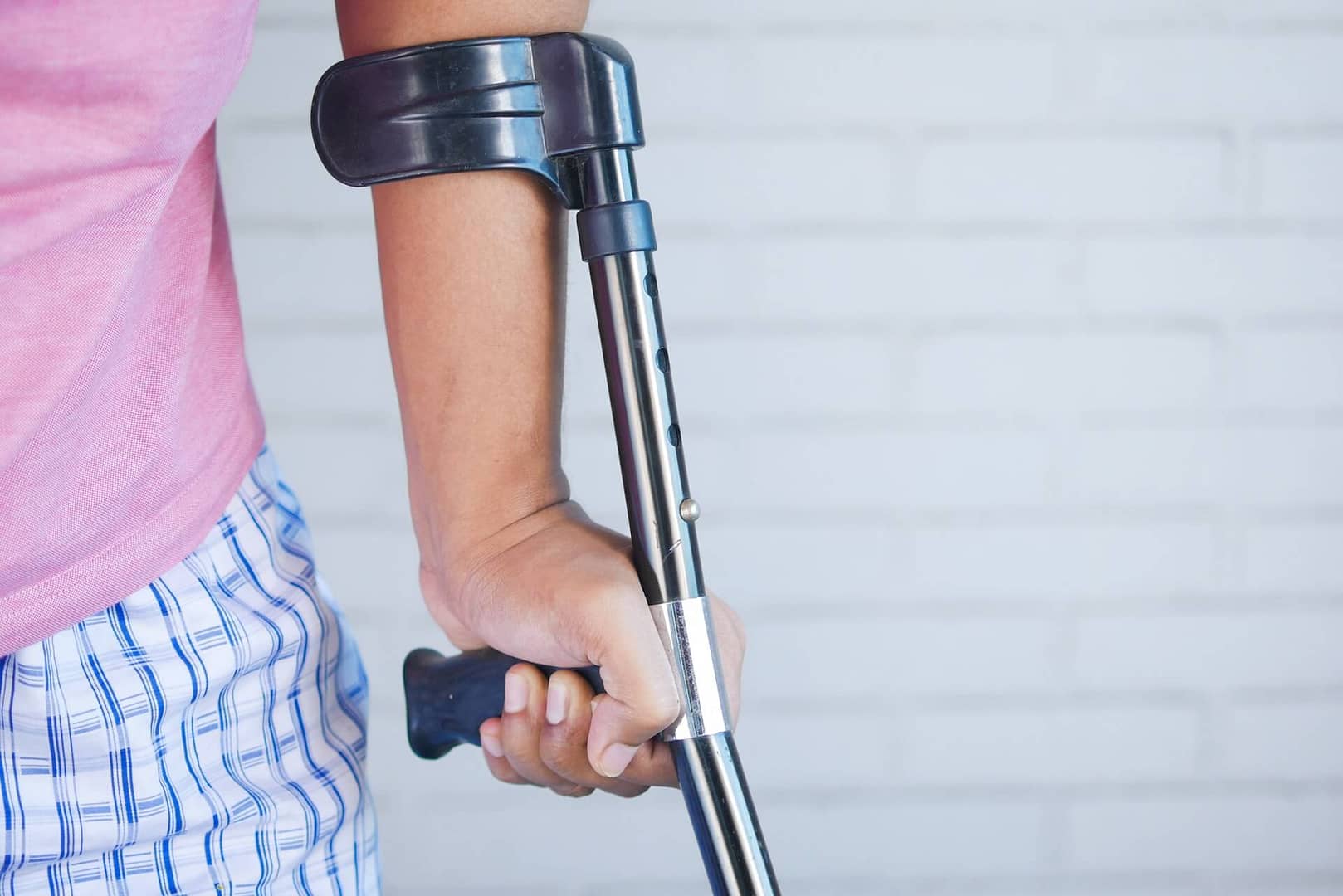Housing disrepair is a common issue that affects many people living in rented properties. It can lead to a wide range of problems, including personal injury. In this article, we will explore what housing disrepair is, how it can lead to personal injury, and what legal options are available for tenants.
What is Housing Disrepair?
Housing disrepair is when a rented property is not maintained to a reasonable standard by the landlord. This can include issues such as damp, mould, leaking roofs, broken windows, faulty electrics, and plumbing problems. If a tenant reports these issues to their landlord and they fail to take appropriate action, the property may be considered to be in a state of disrepair.
Landlord’s Duty of Care
Landlords have a legal duty of care to ensure that their properties are safe and habitable for tenants. This means that they must ensure that the property is free from hazards that could cause injury or illness. Landlords must also ensure that any repairs that are required are carried out promptly and to a reasonable standard.
If a landlord fails to meet their duty of care, they may be held liable for any harm that results from the housing disrepair. This can include personal injury, as well as other costs such as damage to personal property or loss of earnings. If your landlord is failing to meet their duty of care, you may be able to start a claim for compensation and free repairs. National Claims have a dedicated team of claims specialists who will be able to provide you with further guidance on your claim.

Causation
In order to make a successful claim for personal injury resulting from housing disrepair, the claimant must establish that the landlord’s breach of duty caused their injuries. This means that there must be a direct link between the housing disrepair and the harm that the claimant has suffered.
For example, if a tenant falls down the stairs due to a broken handrail and suffers a broken arm, they may be able to claim for personal injury if they can show that the broken handrail was the cause of their fall. If, however, they can show that the fall was caused by something else, such as their own negligence, they may not be able to claim for personal injury.
Limitation
There is a time limit for making a claim for personal injury resulting from housing disrepair. This is usually three years from the date that the injury occurred or the date that the claimant became aware that their injury was caused by the housing disrepair.
It is important to seek legal guidance as soon as possible if you believe that you may have a claim for personal injury resulting from housing disrepair. We at National Claims will be able to provide further guidance on whether you have a valid claim and what the time limits are for making a claim. We will then put you in touch with one of the solicitors from our trusted panel to help with your claim.
Housing Disrepair Issues that can Lead to Injury
Housing disrepair can result in a wide range of hazards that can cause personal injury. Some of the most common housing disrepair issues that can lead to injury include:
- Damp and mould: Exposure to damp and mould can cause respiratory problems, headaches, and fatigue.
- Structural issues: Faulty roofs, walls, and ceilings can collapse, causing injury or even death.
- Electrical problems: Faulty wiring, sockets, and switches can cause electric shocks, burns, and fires.
- Gas leaks: Faulty gas appliances can leak carbon monoxide, a deadly gas that can cause illness and death.
- Water leaks: Leaking pipes can cause slip and fall accidents, as well as damage to personal property.
Personal Injuries Caused by Housing Disrepair
Personal injuries resulting from housing disrepair can be serious and have long-term effects on the victim’s health and well-being. Some of the most common personal injuries caused by housing disrepair include:
- Respiratory problems: Exposure to damp and mould can cause asthma, bronchitis, and other respiratory problems.
- Burns and electric shocks: Faulty electrical wiring and appliances can cause burns and electric shocks.
- Slip and fall accidents: Water leaks, faulty flooring, and other hazards can cause slip and fall accidents, resulting in broken bones, head injuries, and other harm.
- Carbon monoxide poisoning: Faulty gas appliances can leak carbon monoxide, which can cause dizziness, nausea, and even death.
- Psychological harm: Living in a property that is in a state of disrepair can cause anxiety, stress, and other psychological harm.
How Much Compensation For Damp And Mould UK?
To find out how much compensation you can receive for your housing disrepair, it is best to fill out one of our claims forms that can be found throughout our website.
Conclusion
Housing disrepair is a serious issue that can cause personal injury and other harm to tenants. Landlords have a legal duty of care to ensure that their properties are safe and habitable, and failure to meet this duty can result in liability for harm caused.
Tenants who suffer harm as a result of housing disrepair may be able to make a claim for personal injury, provided that they can establish causation and comply with the relevant time limits. If you are a tenant living in a property that is in a state of disrepair, it is important to seek legal guidance as soon as possible to protect your rights and ensure that you are able to pursue any available legal remedies.
Contact us at National Claims and we can guide you through the claims process today.
Click below to see why we are one of the most trusted claims management companies in the UK.
Note: You can only make a claim if you are currently living in social housing.





